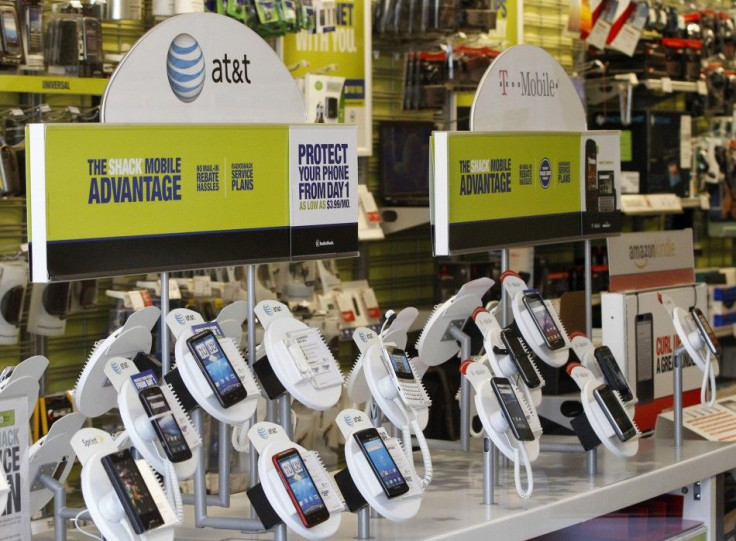AT&T Faces Uphill Task as Deal Approval Seems Unlikely

AT&T (NYSE:T), the No.2 wireless carrier in the U.S., faces an uphill battle to get the T-Mobile deal approved by regulators following the Dept. of Justice (DoJ) antitrust suit to enjoin the merger and Federal Communications Commission (FCC) have echoed DoJ concerns.
AT&T's elimination of T-Mobile as an independent, low priced rival would remove a significant competitive force from the market, the DoJ stated in its complaint.
The complaint said that unless this acquisition is enjoined, customers of mobile wireless telecommunication services likely will face higher prices, less product variety and innovation, and poorer quality services.
While AT&T's challenge might be more challenging, it is incentivized by a large breakup fee of $3 billion in cash, spectrum that we estimate is worth at least $1 billion and a data roaming agreement, BTIG analyst Walter Piecyk wrote in a recent blog post.
On the other hand, the government's action on AT&T came as a surprise, especially the timing of the suit. But, the company is confident that it can get the deal cleared. AT&T is preparing their legal defense of the complaint and has requested an expedited hearing to make its case.
The DOJ's filing to block the AT&T/T-Mobile merger comes as something of a surprise, with the timing much earlier than we had expected, given that the FCC is nowhere close to completing its review of the deal, Barclays Capital Markets analyst James Ratcliffe wrote in a note to clients.
Since the $39 billion deal was announced in March 2011, analysts have predicted that transaction approval would prove challenging.
Meanwhile, Sharis Pozen, the acting head of the Justice Department's antitrust division, stated that the Justice Department's door is open to discuss a remedy which has led many investors to believe that this is simply a negotiating ploy by the government.
However, it is unlikely that the DoJ's complaint represents a negotiating tactic to extract additional asset divestitures and conditions from AT&T and that the DoJ and FCC intend to block the transaction.
But the fact that the DOJ took this strong step this early in the process makes the probability of completion much lower.
We now view the probability of success at 35-40 percent, down from our previous 75 percent view, Ratcliffe said.
The analyst has a reason to cut his probability rate as when suing to block a deal, in the cases that actually go to trial, the DOJ and FCC historically win about 60 percent of the time. Meanwhile, the DOJ's market analysis is both new and innovative.
Traditionally, the DOJ has used regional impact analysis to study the impact of wireless mergers, and it does so here again. In addition, however, the DOJ is also viewing the market as being national, a comparatively new approach, which might be more open to challenge in the courts.
DoJ also has a strong argument in its favor as AT&T, with about 98.6 million connections to mobile wireless devices, and T-Mobile, with approximately 33.6 million connections, would serve 90 percent of the U.S. population.
AT&T will legally fight for the merger but with the FCC in agreement with DoJ, approval is unlikely, Benchmark Capital analyst Clayton Moran said in a note to clients.
© Copyright IBTimes 2024. All rights reserved.




















